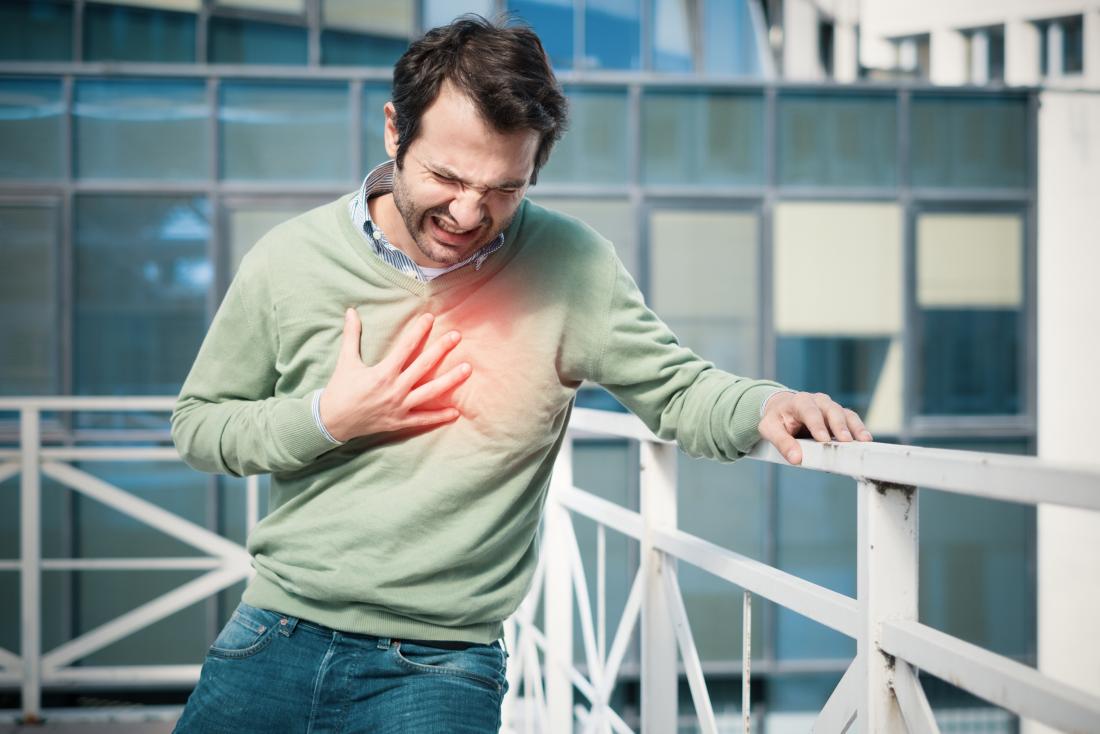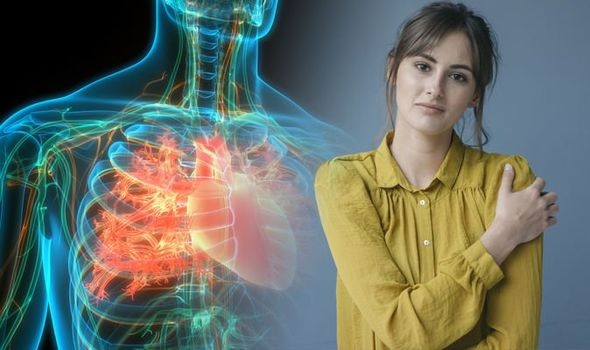Healthbeauty123.com – There are many Heart Disease Signs that can indicate a possible heart attack. The most common is shortness of breath or pain in the chest. This pain is usually associated with nausea and shortness of breath. Other symptoms of heart disease are cold sweating, nausea, and lightheadedness. Regardless of what you feel, if you feel any of these signs, you should get medical attention immediately. These symptoms can lead to a life-threatening emergency.
Risk Factors That Can Indicate Serious Heart Disease
Moreover, there are several risk factors that can indicate serious heart disease. While some of these risk factors can be caused by other conditions, it is important to know which ones are the most concerning for you. For example, chest pain or edema are symptoms of a heart condition and should be checked by a cardiologist. If you experience chest pain, you should seek medical attention immediately. You may also have any of these signs.
Regardless of how early you start feeling these symptoms, it is essential to seek medical attention. If your heart is pounding, you might have a weakened heart. You may experience chest pain, fatigue, or difficulty concentrating. If you are experiencing any of these symptoms, you should see your doctor. If you have any of these signs, you should make an appointment with a cardiologist to get a proper diagnosis.

Besides chest pain and leg swelling, edema can be a warning sign of heart disease. However, these signs are not a guarantee of heart disease. It is a good idea to see a cardiologist to get a thorough assessment. It is best to see a doctor if you experience these symptoms. If you are experiencing any of these signs, you should get checked as soon as possible. Even if you think you might have a heart condition, it is never too late to seek medical help.
Symptoms of Heart Disease
Some of the most common heart disease symptoms include excessive thirst and chest pain. These symptoms are often not the result of heart disease but can be indicators of other health problems, such as diabetes and high blood pressure. If you notice any of these symptoms, see your doctor as soon as possible. Your doctor will be able to determine the cause of your discomfort. If you are experiencing persistent chest pain, you should consult a cardiologist.
Some of the most common signs of heart disease are chest pain, edema, and fever. These symptoms can also be symptoms of other conditions, such as an infection. They can also be signs of heart failure. Depending on what your symptoms are, you should visit your doctor immediately. A cardiologist can assess your symptoms and help you find a suitable treatment. A combination of several risk factors is a warning sign of an impending heart problem.

Other common heart disease signs include abdominal pain, chest pain, and persistent fatigue. All of these symptoms are symptoms of heart failure and should be addressed by a cardiologist. They are accompanied by other symptoms of heart failure and can be a warning sign of heart disease. The first sign of heart failure is severe abdominal pain. If your chest pain persists, see a cardiologist as soon as possible. There are many other symptoms of heart disease.
Uncomfortable Sensation Experienced When Heart Sick
Another common sign of heart disease is chest discomfort, otherwise known as angina. This can be accompanied by numbness or pain in the chest. Angina is an uncomfortable sensation that many people have experienced. This discomfort can even extend to the arms and neck. It can also be accompanied by a feeling of pressure in the lower back, a sharp or throbbing pain in the abdomen, and a pronounced sense of tiredness.

Some of the most common signs of heart disease include chest pain, and edema. Symptoms of heart disease can be generalized or localized. Some of the symptoms of heart disease include: A persistent cough, a sore throat, and fever. If you experience any of these, see a cardiologist as soon as possible. If you experience any of these symptoms, they may be a sign of other heart problems.
Reference:






